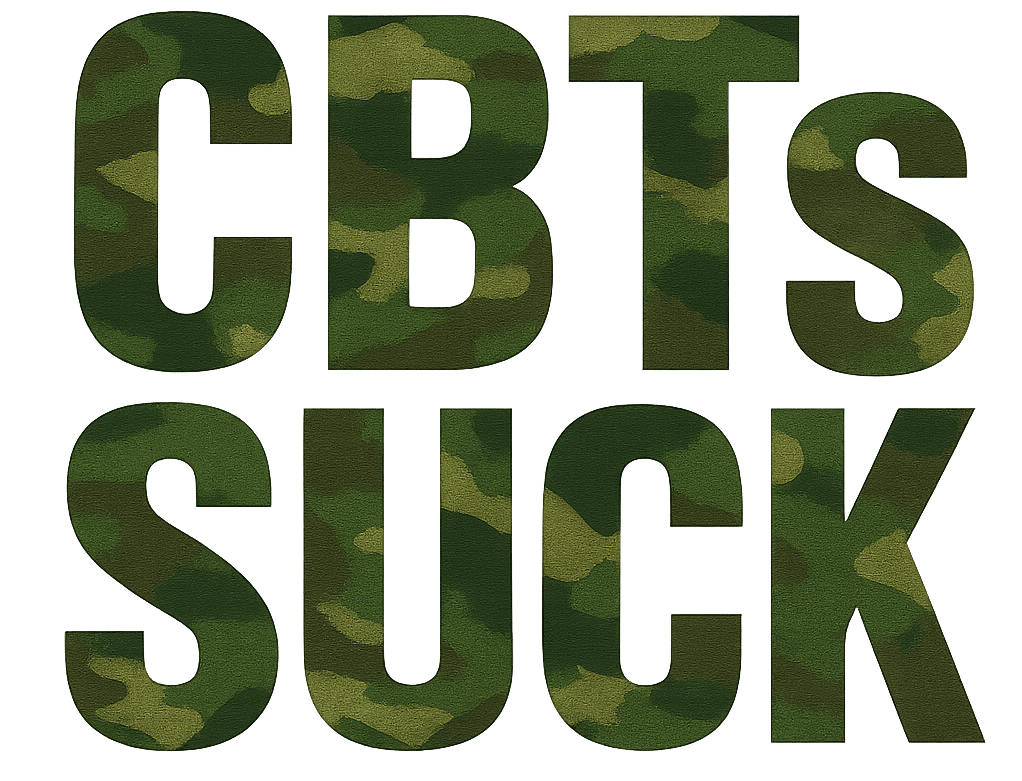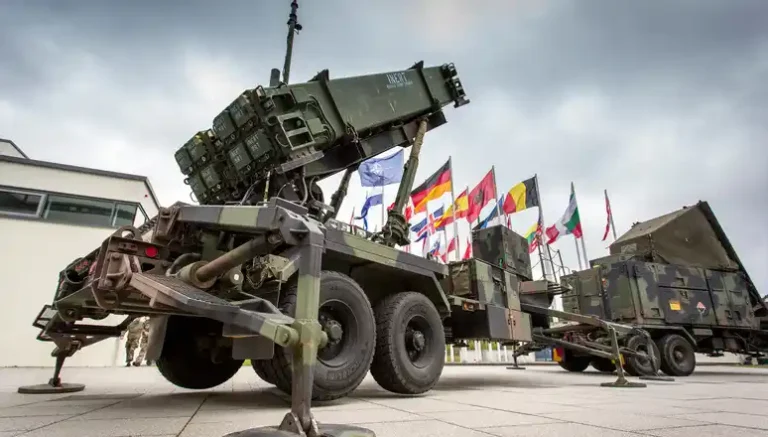What is Culture
Understanding culture means appreciating the values, beliefs, and practices of a group, which can be achieved through self-reflection, direct experience, and open communication.
During this training, you can click at the end of the video timeline to skip to the end to trigger progress to the next section.
Knowledge Checks
Q: Culture is an ongoing process and something that is learned and not innate.
A: True
Q: Seeing things that are different than our culture as strange, wrong, or lesser than is referred to as _______.
A: Culture Bias
Q: Culture nationalism is the strong desire that your culture is better than other cultures.
A: True
Q: _________ i something that signifies a group of people based on ethnicity, nationality or the region of the world in which they are from.
A: Large culture
Q: Breaking stereotypes to further identify one’s beliefs and values beyond their ethnicity and/or nationality is understanding someone’s _________.
A: Small culture
Q: Cultural traditions that are passed on to you from older family generations can be referred to as:
A: Folk culture
Q: Americans tend to follow a process, stick to the point, and strive to get things done quickly. This is a characteristic of ______.
A: Low Context Culture
Q: Being able to empathize about where people come from, how their culture is ingrained in them, how they communicate, and non-verbal cues are all important aspects of operating in the military alongside other members, partner nations, and amongst the local populace in other countries.
A: True







